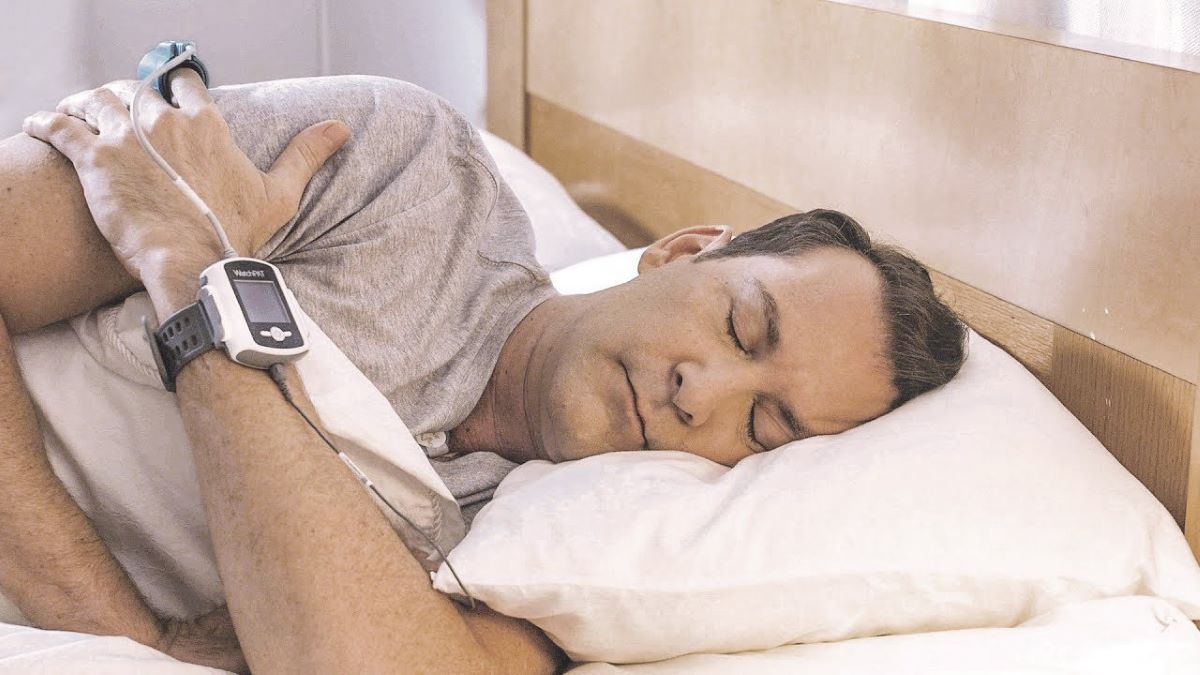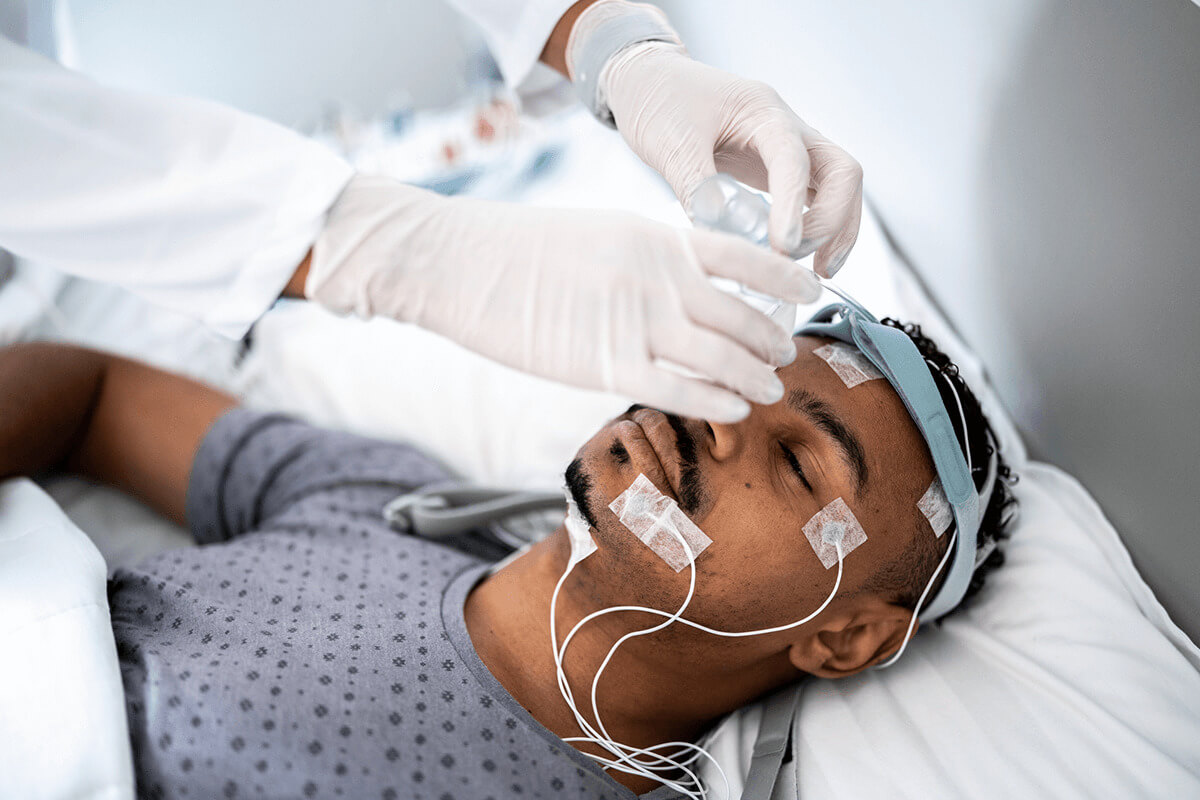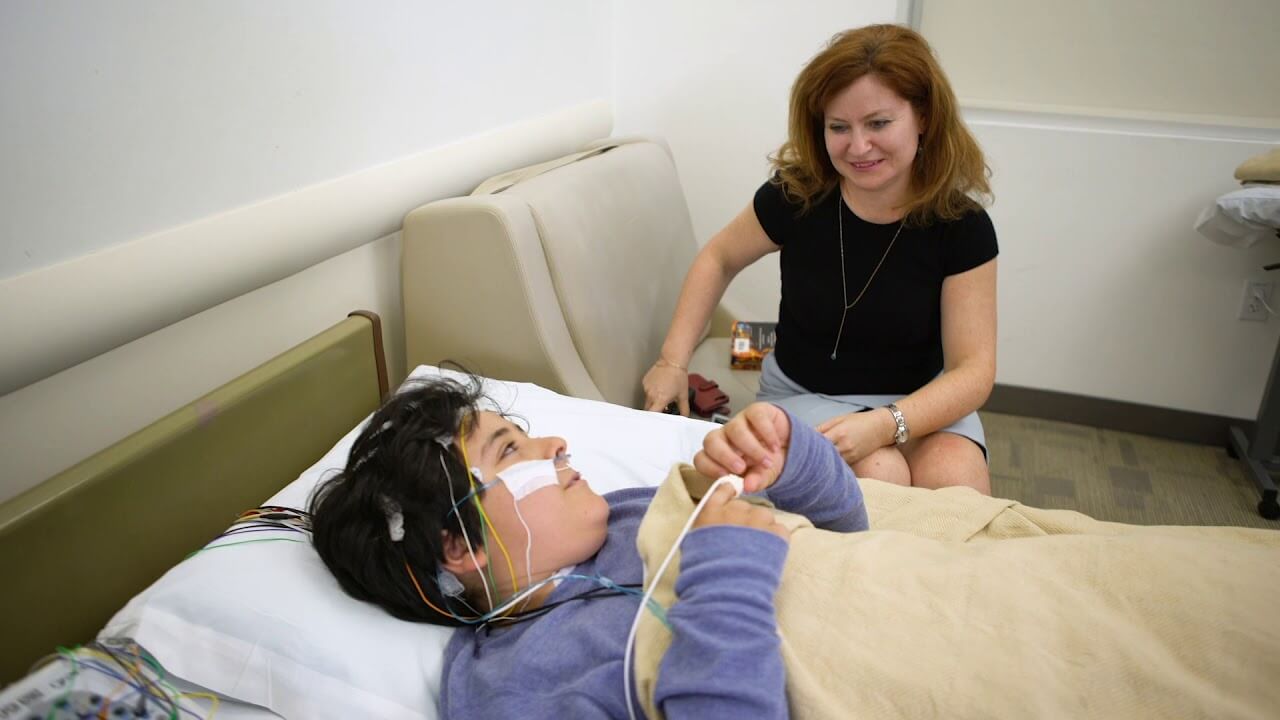Sleep apnea is more common than most people realize — yet many go years without a diagnosis. It’s not just about loud snoring; sleep apnea is a serious sleep disorder that can quietly affect your health, energy, and even your heart. If you often feel exhausted despite sleeping for eight hours, it may be time to take a closer look at what’s happening while you sleep.
What Is Sleep Apnea?
Sleep apnea is a condition where breathing repeatedly stops and starts during sleep. These pauses, called apneas, can last from a few seconds to minutes and may occur dozens of times per night. The brain briefly wakes the body up to restart breathing — disrupting deep, restorative sleep.
The three main types include:
- Obstructive Sleep Apnea (OSA) — caused by blocked airways.
- Central Sleep Apnea (CSA) — when the brain fails to send proper breathing signals.
- Complex Sleep Apnea — a combination of both.
Why Sleep Apnea Often Goes Undiagnosed
Many people dismiss their symptoms as simple tiredness or stress. Because sleep apnea happens while you’re asleep, you might not notice the problem — but your body does. Fatigue, mood swings, and difficulty concentrating are your body’s way of saying something is wrong.
Top 10 Signs You Might Have Sleep Apnea
1. Loud, Persistent Snoring
Snoring is the most obvious sign. While not everyone who snores has sleep apnea, frequent, loud snoring — especially when paired with choking or gasping — is a red flag.
2. Waking Up Gasping or Choking
If your partner notices you wake up suddenly, gasping for air, it’s a clear indication that your breathing might be interrupted during sleep.
3. Daytime Fatigue Despite a Full Night’s Sleep
Feeling unusually tired after what seems like a full night’s sleep is one of the most common signs. Your sleep cycles are being constantly interrupted, preventing deep rest.
4. Morning Headaches
Frequent morning headaches may result from oxygen deprivation during apnea episodes, which affects blood flow to the brain.
5. Trouble Concentrating or Memory Issues
Poor sleep quality can lead to brain fog, forgetfulness, and difficulty focusing — all common in those with sleep apnea.
6. Mood Swings and Irritability
Lack of restorative sleep impacts your emotional stability, often causing irritability, anxiety, or depression.
7. Dry Mouth or Sore Throat Upon Waking
Breathing through your mouth at night — common with obstructive sleep apnea — can cause dryness or throat discomfort in the morning.
8. Frequent Nighttime Bathroom Trips
Sleep apnea can increase the production of certain hormones that make you urinate more often during the night.
9. Restless Sleep
Tossing, turning, and constant movements are your body’s way of struggling to restore normal breathing.
10. High Blood Pressure or Heart Issues
Sleep apnea stresses the cardiovascular system. Repeated oxygen drops during sleep can trigger high blood pressure, irregular heartbeats, and increase heart disease risk.

How Sleep Apnea Affects Your Health
Untreated sleep apnea doesn’t just make you tired — it’s a serious health threat. It’s linked to:
- Hypertension and heart disease
- Type 2 diabetes
- Stroke
- Weight gain and obesity
- Depression and cognitive decline
The constant oxygen deprivation forces your heart and brain to work harder, increasing long-term health risks.
Diagnosis and Treatment Options
If you suspect you might have sleep apnea, the first step is a sleep study (polysomnography). This test monitors your breathing, oxygen levels, and sleep stages overnight to confirm the diagnosis.
Treatment Options Include:
- CPAP Therapy: Continuous Positive Airway Pressure machines keep airways open and are the gold standard for treatment.
- Lifestyle Changes: Weight loss, avoiding alcohol, and sleeping on your side can reduce symptoms.
- Oral Appliances: Custom dental devices can reposition the jaw to keep the airway open.
- Surgery: In some cases, surgical procedures may be needed to remove or reduce airway obstructions.
When to See a Doctor
If you notice persistent snoring, morning headaches, or daytime sleepiness, don’t ignore it. A sleep specialist can help determine the cause and recommend the right treatment plan. Early diagnosis can prevent long-term health complications and significantly improve quality of life.
Conclusion: Listen to Your Body
Feeling tired every day isn’t normal. Sleep apnea silently robs millions of people of good health and restful sleep. By recognizing the signs early and seeking professional help, you can restore your energy, protect your heart, and get the peaceful sleep you deserve.
If you suspect you might have sleep apnea, talk to your doctor or schedule a sleep study today — because better sleep means a better life.
FAQS
Not all snoring means sleep apnea, but loud, frequent snoring with choking or gasping is a warning sign. If you feel exhausted during the day or your partner notices breathing pauses, consult a sleep specialist for evaluation.
Yes. Sleep apnea increases the risk of high blood pressure, arrhythmias, and heart disease due to repeated drops in oxygen during sleep. Treating it early helps protect cardiovascular health and reduce long-term risks.
While CPAP is the most effective treatment, alternatives exist. These include oral appliances, lifestyle changes like weight loss, and in some cases, surgical procedures to open the airway.
Yes, especially in people with obstructive sleep apnea. Reducing excess weight can decrease pressure on the airway, lessening symptoms or even eliminating the condition in mild cases.



